Falsehood is cowardice, the truth courage
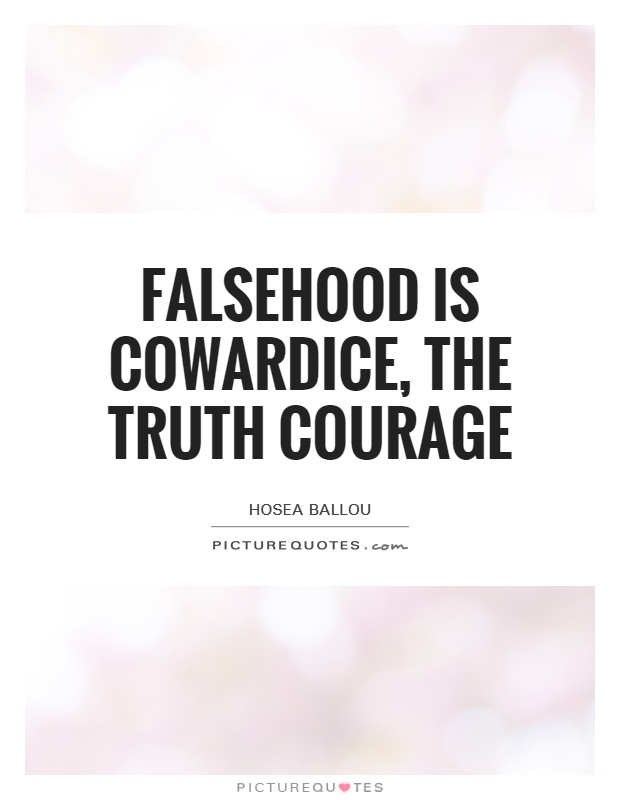
Falsehood is cowardice, the truth courage
Hosea Ballou, a prominent figure in the Universalist movement in the United States during the 18th and 19th centuries, was known for his strong belief in the power of truth and honesty. He believed that falsehood was a sign of cowardice, while truth was a display of courage and strength. This belief was deeply rooted in his religious teachings and personal philosophy, and it guided his actions and interactions with others throughout his life.Ballou understood that speaking the truth, even when it was difficult or unpopular, required a great deal of courage. It meant standing up for what was right, even in the face of adversity or criticism. He believed that honesty was essential for building trust and fostering genuine relationships with others. By being truthful and transparent in his words and actions, Ballou demonstrated his commitment to living a life of integrity and authenticity.
On the other hand, Ballou saw falsehood as a form of cowardice. He believed that those who resorted to lying or deceit were taking the easy way out, avoiding the consequences of their actions and betraying their own values. He understood that falsehood could cause harm and damage relationships, leading to mistrust and division among people. By rejecting falsehood and embracing the truth, Ballou sought to promote unity, understanding, and compassion in his community.
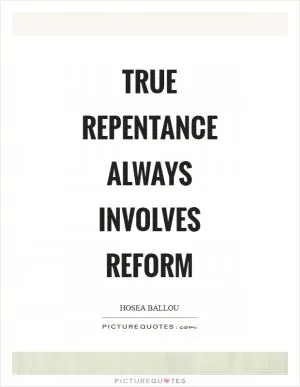
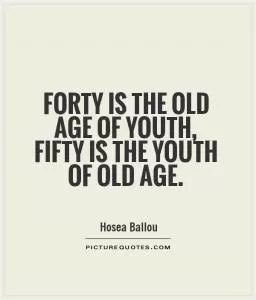

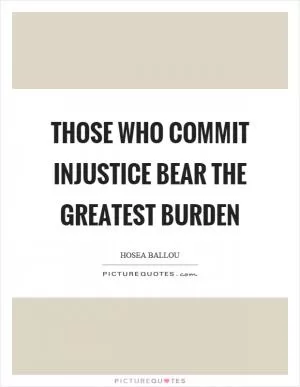
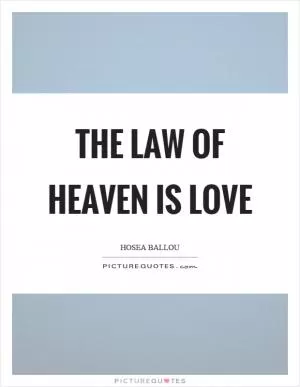
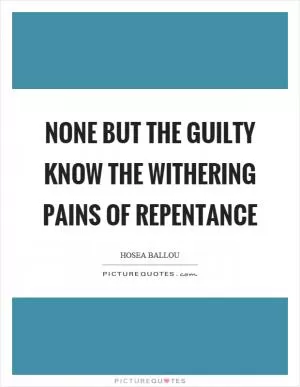
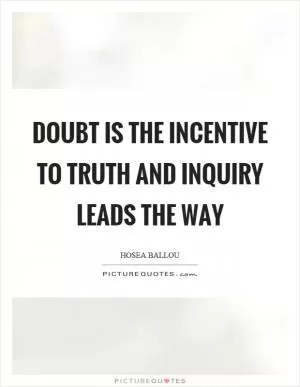


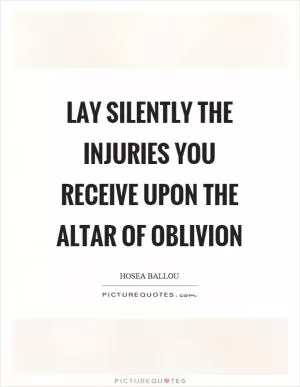


 Friendship Quotes
Friendship Quotes Love Quotes
Love Quotes Life Quotes
Life Quotes Funny Quotes
Funny Quotes Motivational Quotes
Motivational Quotes Inspirational Quotes
Inspirational Quotes